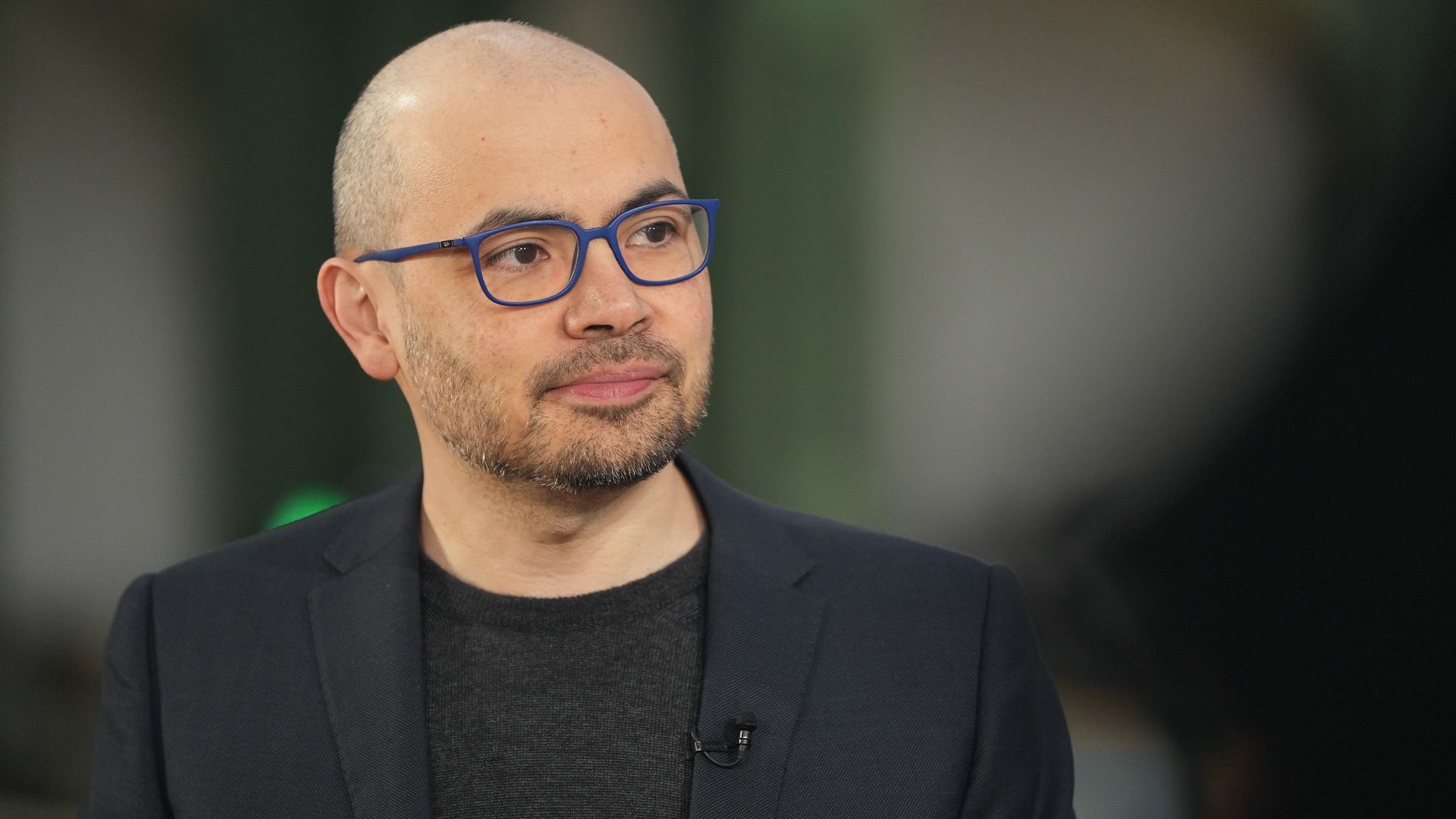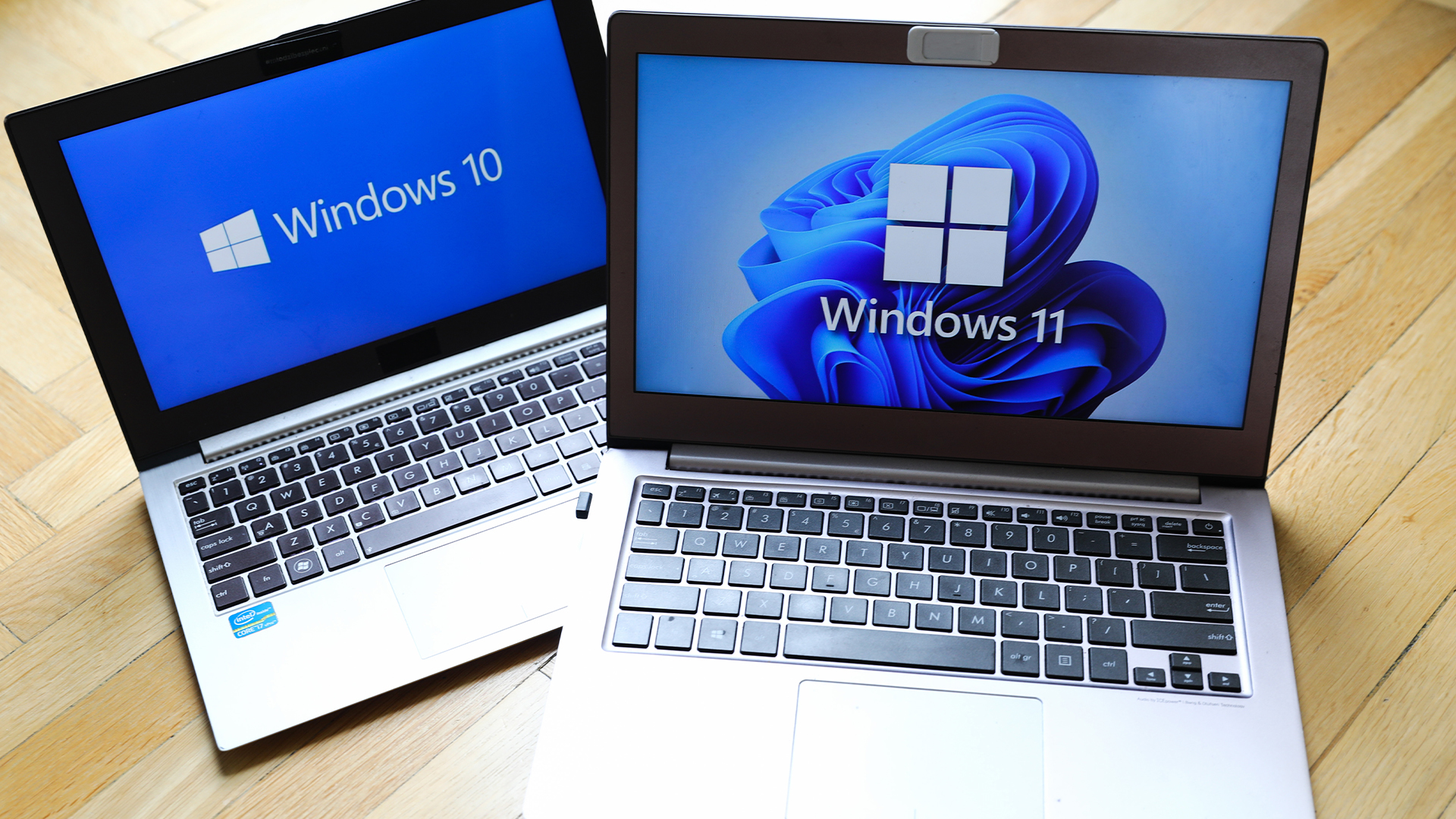
IDC also warned about the increasing costs associated with supporting Windows XP in the mid to long term. Indeed, it went as far as to suggest that those running Windows 7 spend just a fifth of the money that is necessary to effectively support Windows XP.
It costs $870 (554) annually to support a PC running Windows XP, but that cost falls to just $168 (107) when it comes to PCs running Windows 7, according to the whitepaper. With that in mind, to carry on regardless with the former just doesn't make business sense.
The cost of upgrading hundreds or thousands of desktop and laptop computers to a new operating system is significant in terms of time and money, so organisations should consider how their IT budgets might be invested in more innovative projects.
"The conclusion is simple: Organisations that continue to retain a Windows XP environment not only are leaving themselves exposed to security risks and support challenges but also are wasting budget dollars that would be better used in modernising their IT investments," the whitepaper states.
That said, there is still some debate amongst industry experts, with fellow market watcher Ovum disagreeing with IDC and suggesting XP still has something to offer.
"The cost of upgrading hundreds or thousands of desktop and laptop computers to a new operating system is significant in terms of time and money, so organisations should consider how their IT budgets might be invested in more innovative projects," Richard Edwards, principal analyst at Ovum, told IT Pro in April this year.
"If we assume that Windows XP systems have the latest patches, fixes and up-to-date security software installed (and Internet Explorer 6 has been replaced with a more modern web browser), there is no reason to believe that life after [April 2014] will be any different than before it," added Edwards.
Decisions, decisions
Sign up today and you will receive a free copy of our Future Focus 2025 report - the leading guidance on AI, cybersecurity and other IT challenges as per 700+ senior executives
Ian Moulster, Windows 8 product manager at Microsoft, told IT Pro in a statement at the end of last year that, while XP was a great software release "for its time", things had moved on.
"Modern users demand technologies that fit their personal work style and allow them to stay productive anywhere and anytime, while businesses have an ever increasing need to protect data and ensure security, compliance and manageability," Moulster's statement read.
"It is in a company's best interest to take advantage of modern Windows software designed with these needs in mind."
Microsoft's own website also advises it's time to move on. "If your organisation has not started the migration to a modern desktop, you are late," it states.
"Based on historical customer deployment data, the average enterprise deployment can take 18 to 32 months from business case through full deployment. To ensure you remain on supported versions of Windows and Office, you should begin your planning and application testing immediately to ensure you deploy before end of support."
Clive Longbottom at analyst firm Quocirca has been a bit more blunt with his view of XP migration.
"The problem isn't that it is going to be out of support whenever, the problem is that no-one cares," Longbottom told IT Pro last year.
"If people really cared, they would move off an ancient operating system on to something a tad more modern and get a proper security framework and support for modern applications."
Whether XP has had its day, then, is less of a question of what the OS can do for you and much more of a question of what you can do with the OS (and without it) and the budget/IT environment you find yourself in.
ITPro is a global business technology website providing the latest news, analysis, and business insight for IT decision-makers. Whether it's cyber security, cloud computing, IT infrastructure, or business strategy, we aim to equip leaders with the data they need to make informed IT investments.
For regular updates delivered to your inbox and social feeds, be sure to sign up to our daily newsletter and follow on us LinkedIn and Twitter.
-
 Google DeepMind CEO Demis Hassabis thinks this one area of the tech industry is probably in an AI bubble
Google DeepMind CEO Demis Hassabis thinks this one area of the tech industry is probably in an AI bubbleNews AI startups raising huge rounds fresh out the traps are a cause for concern, according to Hassabis
-
 Everything you need to know about Google and Apple’s emergency zero-day patches
Everything you need to know about Google and Apple’s emergency zero-day patchesNews A serious zero-day bug was spotted in Chrome systems that impacts Apple users too, forcing both companies to issue emergency patches
-
 Windows 10 extended support costs could top $7 billion
Windows 10 extended support costs could top $7 billionNews Enterprises sticking with Windows 10 after the October deadline face huge costs
-
 Tiny11 review: Windows 11 with only 2GB of RAM
Tiny11 review: Windows 11 with only 2GB of RAMReview A version of Windows 11 for older machines that don't meet the full requirements
-
 Red Hat Enterprise Linux becomes foundational operating system for Cohesity Data Cloud
Red Hat Enterprise Linux becomes foundational operating system for Cohesity Data CloudNews New strategic partnership between Red Hat and Cohesity aims to drive innovation in the data security and management space
-
 Ubuntu shifts to four-week update cycle
Ubuntu shifts to four-week update cycleNews Critical fixes will also come every two weeks, mitigating the issues involved with releasing prompt patches on the old three-week cadence
-
 AlmaLinux follows Oracle in ditching RHEL compatibility
AlmaLinux follows Oracle in ditching RHEL compatibilityNews Application binary compatibility is now the aim with 1:1 now dropped
-
 How big is the Windows 10 cliff-edge?
How big is the Windows 10 cliff-edge?ITPro Network With some comparing the upcoming Windows 10 end of life to Windows XP, we ask members of the ITPro Network for their insight
-
 Everything you need to know about the latest Windows 11 updates - from bug fixes to brand-new features
Everything you need to know about the latest Windows 11 updates - from bug fixes to brand-new featuresNews Two new cumulative updates are on the way and will be installed automatically on Windows 10 and Windows 11 machines
-
 How to download a Windows 11 ISO file and perform a clean install
How to download a Windows 11 ISO file and perform a clean installTutorial Use a Windows 11 ISO to install the operating system afresh

